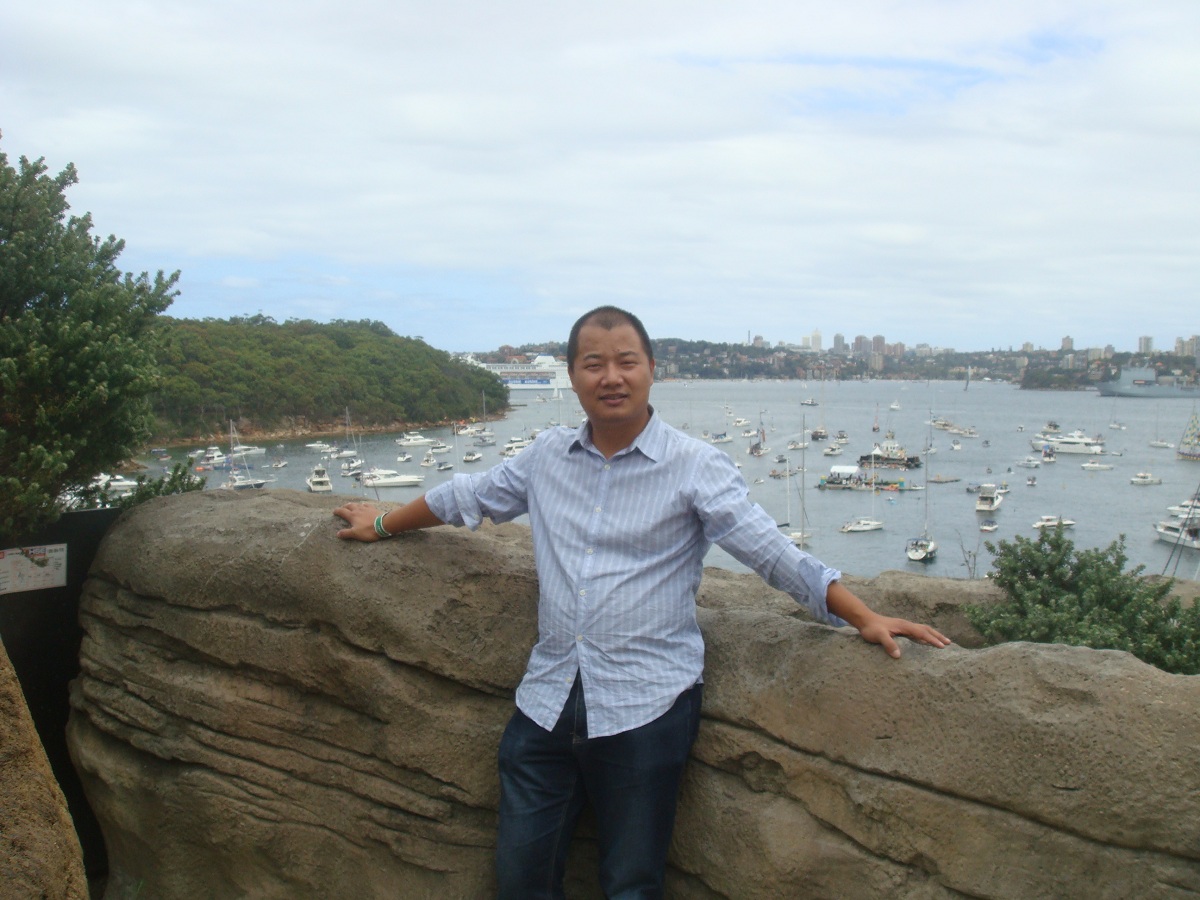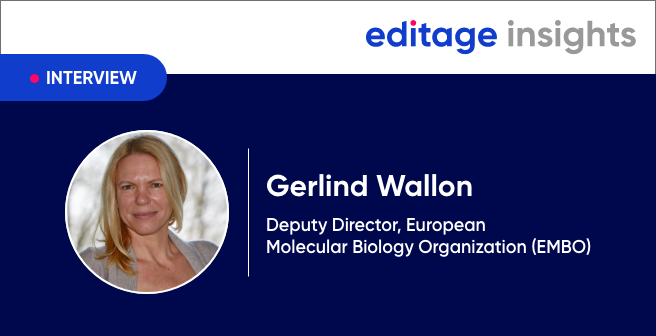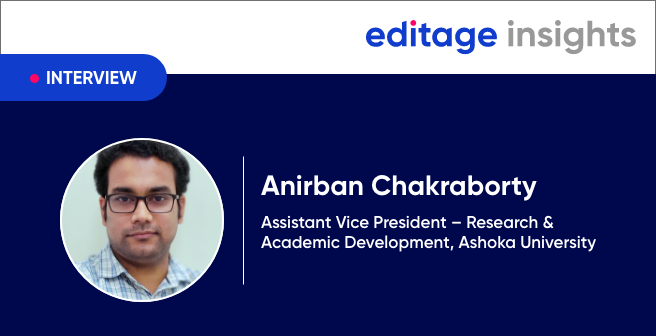“I publish academic articles to share my views with others”

Dr. Hailiang Yu is Vice-Chancellor’s Research Fellow at the University of Wollongong, Australia. Dr. Yu has worked and studied at Northeastern University (China) and Tsinghua University and holds a PhD in Materials Forming/Manufacturing Engineering. His major areas of interest include modeling and simulation in metal forming, advances in rolling technology and theories, fracture and quality control in manufacturing, and wear of materials in metal forming and manufacturing. He is co-Editor-in-Chief of Modeling and Numerical Simulation of Materials Science, and Associate Editor of the journal International Research Journal of Engineering Science, Technology and Innovation as well as a member of other academic journals. Dr. Yu is also a Guest Contributor for Editage Insights.
Many scientific researchers who have worked for more than 20 years may not manage to publish as many academic articles as you have. You have 100 articles published in your ten-odd years of career. What is your motivation behind writing all these academic articles?
Many believe that publishing academic articles is for promotion of academic ranks. I don’t think so. If your goal is promotion of academic ranks, publishing 20 academic articles as a principal investigator will get you there. Because of this, many lose interest in writing academic articles when they are awarded the title of Professor.
“Passion is the best teacher.” In fact, writing academic articles can be a passion. If one likes to write and share his views with others, writing will bring him joy. In my opinion, I publish academic articles to share my views with others. When my experience is recognized by the others, I feel a sense of accomplishment. This further motivates me to write about my discovery and views through academic articles. I look forward to exchanging with others. This is the reason behind regularly producing articles annually all these years.
Innovative ideas is the key to get academic articles published, especially in influential journals. How do you look for innovative ideas? What was your experience with selecting topics?
An academic article is usually discussion about an issue. The process of writing academic articles is mainly looking for appropriate innovative ideas and new discoveries. I believe there are a few ways to look for innovative ideas. First, read a lot of literature. As a scientific researcher, I require myself to read one to two academic articles every day, even on weekends. Second, participate in academic exchange. By attending well-known international academic conferences and listening to the research progress of others, you can get a lot of inspirations. Third, pay attention to details implied. I remember discussing an academic article with my professor when I was studying for my doctorate. During the discussion, the professor brought up an issue that was irrelevant to the article. After listening to him, I started thinking about whether I could conduct analysis on that issue and eventually, I wrote an academic article about that topic. Last but not least, setting a goal is important for doing scientific research. Otherwise, your hard work could go to waste.
I noticed that many Chinese authors do not have a lot of time to read literature. You said you required yourself to read one to two academic articles every day. How do you make the time?
It’s hard to imagine a scientific researcher not reading academic articles. If a scientific researcher doesn’t read to keep up with the latest academic articles for too long, his research might be out of touch.
As for reading literature, this is how I do it: (1) Follow certain researchers. There are top scholars in every field. We should pay attention to the latest articles of their research topic groups; (2) follow certain journals. Nowadays, many academic journals send the latest academic article index published to your email box; (3) concentrate on and search for one issue. This is most necessary during the writing process.
When I read an academic article, I usually start by skimming through the abstract. If the content of the article interests me, I will read it intensively. Most people only focus on the research results when reading an article. However, I personally think that reading the introduction and the discussion are the most important when reading an article. I get to know the main research direction of an academic field from the introduction and learn how others analyze a certain issue from the discussion.
When writing in either Chinese or English, most people find it hard to put all of their elaborate ideas into words. Have you encountered situations like this when you write? Do you have any advice on writing habits?
Everyone has different writing habits. Personally my first step, after finishing an experiment, is reorganizing the findings. If I find important phenomena and outcome in the findings, I will draft the framework of an article in my mind. With this base, I will put the pictures and findings needed for the article in one folder. Based on these, I start planning my research report. I focus on reading 20 to 30 articles of relevant topics and make preliminary organization of them within a week or two. After that, I spend a Friday and Saturday night right after to finish my first draft. (I can finish the entire article in one go and catch up on sleep the next day.) Next, the draft is refined multiple times in the coming week. All the co-authors of the article will read it and share their opinions. After further modification, the article will be submitted.
It is said that an academic article can be published within three to six months after completion. Do you think it takes time to write a good article or is there a short cut to it?
There are many factors affecting how soon an article will be published after its submission. One of them is the reviewing time. Nowadays the average reviewing time is short but, sometimes under special circumstance, such as difficulty in finding the right reviewers for a narrower research area, the reviewing time may far exceed six months. Besides, if the reviewers have a lot of opinions after reading an article, it might take multiple revisions, even rewriting or rejection. In this case, it takes even longer. In my experience, I hope that my news-related articles are published sooner. The reviewing time of long articles is usually difficult to tell.
You are the Executive Editor of Modeling and Numerical Simulation of Material Science, Associate Editor of International Research Journal of Engineering Science, Technology and Innovation and an editorial member of The Scientific World Journal and a few other academic journals. You read articles submitted by writers from different countries. Do you find any distinct differences between articles from China and those from Europe and the US?
During the reviewing process, we found apparent differences between the articles written by Chinese and those written by researchers from developed foreign countries a few years back. However, we’ve improved in recent years. In the past, articles written by Chinese and researchers from many other Asian countries usually emphasized only on narrating the research results but not introducing the research methods, and discussing and giving reasonable explanations for the results. In recent years, we put much more emphasis on these areas. Therefore, among all the academic articles worldwide, the number of articles written by Chinese with high influencing factors is on the rise, so is their influence.
Thank you, Dr. Yu.
This interview was conducted by Deborah Yang.




